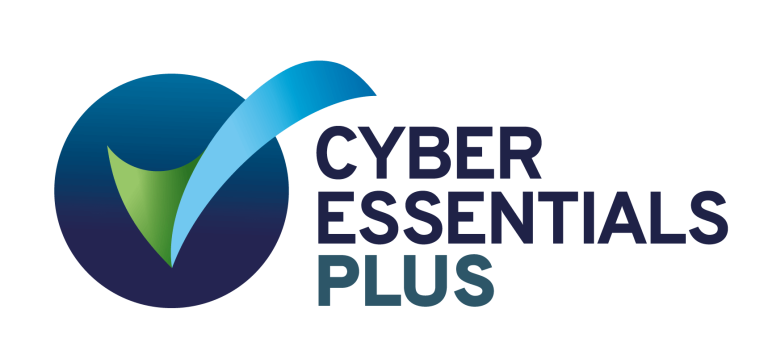5 ways to prepare for giving a performance evaluation:
Listen actively and empathize
During the performance evaluation, it is important for the manager to listen actively and show empathy towards the employee. This means maintaining eye contact, avoiding interruptions, and asking clarifying questions to fully understand the employee’s perspective. Showing empathy can help to build trust and facilitate a more productive conversation.
3 tips to show you are actively listening
1. Maintain eye contact and focus your attention on the speaker. This shows that you are engaged and interested in what they are saying.
2. Avoid interrupting the speaker. Let them finish their thought before responding, and try to resist the temptation to interrupt or jump in with your own ideas.
3. Ask clarifying questions. This shows that you are trying to understand the speaker’s perspective and that you are interested in what they have to say. It can also help to keep the conversation on track and prevent misunderstandings.
Communicate clearly and directly
When addressing difficult topics during the performance evaluation, it is important to communicate clearly and directly. This means using “I” statements and avoiding blame or criticism. It can be helpful to outline specific areas for improvement and offer concrete solutions or action steps.
Follow up and support
After the performance evaluation, it is important to follow up and ensure that any action steps are being implemented and that the employee has the necessary support to improve. This can include offering additional resources or support, such as training or coaching, to help the employee grow and develop.



